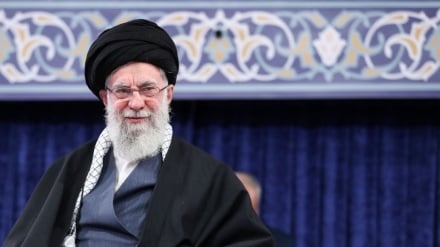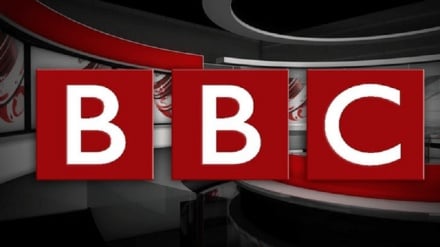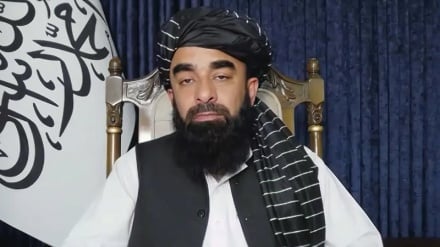(Chapter 5) 2nd Phase of Islamic Revolution; Leader’s views on elections (4)
Welcome to another episode of our series “2nd Phase of the Islamic Revolution”
As we said in the previous episodes of this series, last February, the Leader of the Islamic Revolution, Ayatollah Seyyed Ali Khamenei, delivered a memorable speech on the 40th anniversary of the triumph of the Islamic Revolution in Iran, and announced the start of the second 40-year phase, with emphasis on several aspects of progress and development of the nation, including science, research, economy, industry, agriculture, etc. He emphasized on an economy which is independent of oil revenues as outlined by the Resistance Economy through usage of all existing capacities.
Furthermore, he mentioned the Islamic Revolution's spectacular progress, despite 40 years of conspiracies against the Islamic Republic of Iran, as a sign of failure of the US regime in impeding the movement of the Iranian nation.
All these factors of development are indebted to popular religious rule or the democratic bases of the Islamic Republic.
Today in the 4th part of Chapter 5 we present you the viewpoints of the Leader of the Islamic Revolution on elections.
The Islamic Republic of Iran has shown to the world that elections are an integral part of popular religious rule the real source of power and legitimacy of the holy Islamic system of governance that is far superior to the flawed system of liberal democracy of the West.
The Father of the Islamic Revolution, Imam Khomeini (RA,) in his messages and keynote speeches, put emphasis on a ruling system which is founded on Islamic laws and popular vote.
After him, his worthy successor, Ayatollah Seyyed Ali Khamenei, has also always put emphasis on elections, and precision in verification of the eligibility of the related nominees, while pointing out that a wide-scale turnout in elections leads to further growth and elevation of the Islamic system of government.
He has pointed out that elections set the stage for strengthening of national unity, religious solidarity, wisdom, and prudence. If elections are held in a manner that political groups, in a positive competition for serving people, gain their appropriate and merited share; elections will pave the way for the country’s happiness and progress.
In another keynote remark, the Leader of Islamic Revolution notes that he puts emphasis on wide scale turnout for elections because in this case the country and sacred Islamic establishment preserve their dignity and are insured. He adds that elections are in line with these elevated aims. This is the meaning of elections; hence, it is people's duty to take part in this grand event.
Presently, the holy Islamic system has entered the second 40-year phase of the Islamic Revolution. A number of important goals have been set for this phase; one of which is the protection of religious democracy, as a prerequisite for national independence and progress.
In his statement on the second 40-year phase of the Islamic Revolution, Ayatollah Khamenei underlines: “We should identify our assets, and take them seriously; including the advantages and capacities of ourselves and our country, and we should put them to practical use. Iran is blessed with huge capacities. Secondly, we should identify the obstacles in our path, such as corruption, and loopholes of enemy infiltration, in order to stand firmly against them.”
As is clear by the Leader’s remarks, participation in elections is one of the values of the Islamic Revolution, and because of this Ayatollah Khamenei has always put emphasis on elections’ important role in the destiny of the country. He has rightly dubbed the elections as a national competition, reminding that in this contest, victory or loss has no meaning for the Iranian nation, because in any case the people are the true and ultimate winners.
In another important remark, the Leader of Islamic Revolution reminds that our country relies upon popular vote. People's presence and resolve in different scenes has led to failure of the enemies of the Iranian people to encroach upon Iran's water and soil.
In the holy Islamic system, as a result of fair and free participation of the people in the elections; the national honour, sovereignty, and independence is safeguarded and protected.
In accordance with Articles 62 and 107 of the Islamic Republic of Iran's
Constitution; members of parliament, the president, and members of the Assembly of Experts are all elected by nationwide popular vote.
The enemies of the Iranian people, however, make baseless claims regarding elections in Iran in a futile bid to somehow deal a blow to popular religious rule, and the massive turnouts in Iranian elections, because of their inability to justify the highly flawed concept of liberal democracy that has destroyed western societies and plunged people in misery.
MR/AS/SS


